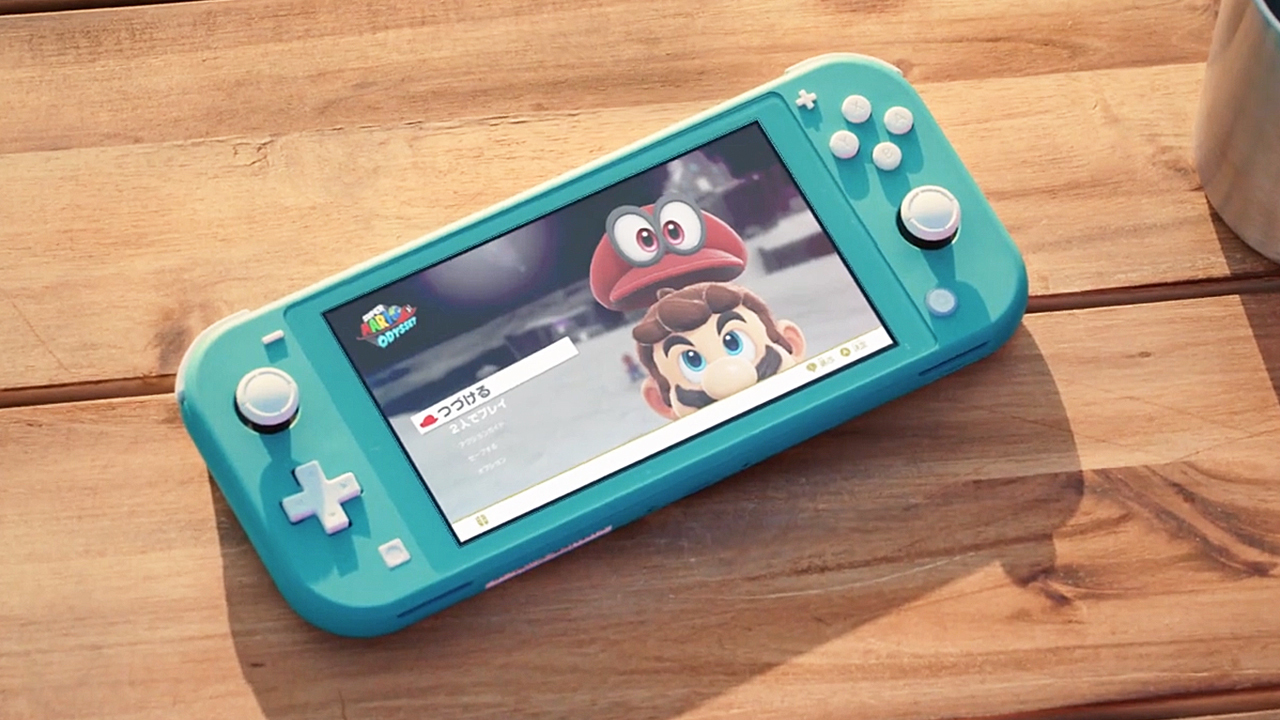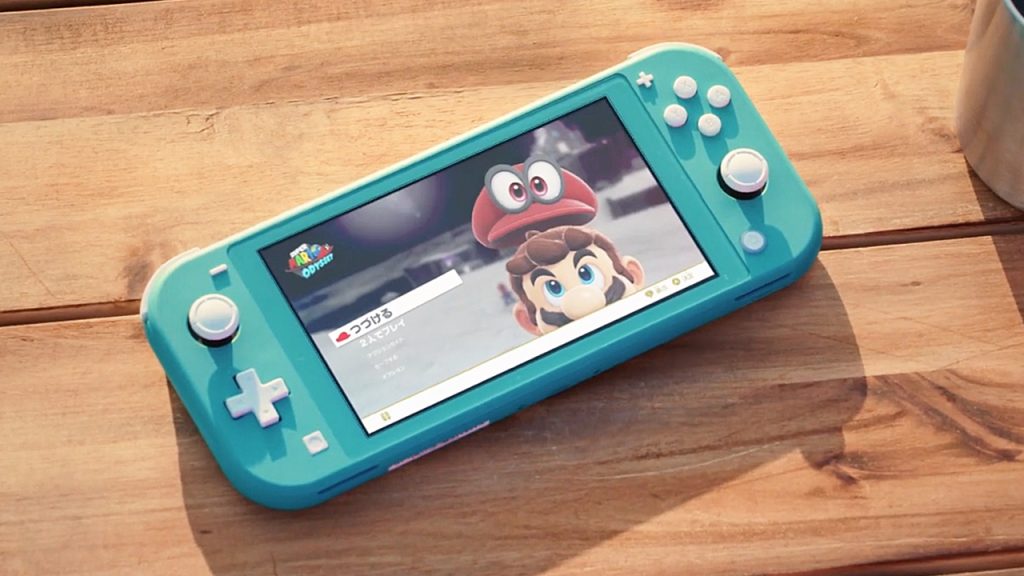On paper, the Nintendo Switch Lite is one of the strangest devices that Nintendo has released in recent years. As a handheld-only device, it doesn’t even make sense to call it a Switch beyond the obvious name recognition factors. After all, the Switch name stems from its ability to be used as a console, handheld device, and as a multiplayer on-the-go gaming peripheral.
This is where many people will counter that the Nintendo Switch Lite isn’t really meant for people who own a Nintendo Switch, which is probably true. Unlike hardware upgrades like the PS4 Pro and Xbox One X, there’s little need for anyone who doesn’t just like the newest pieces of tech to invest in a Nintendo Switch Lite.
However, the more you look at the Nintendo Switch Lite, the more you realize that it’s probably not just for people who don’t already own a Nintendo Switch. There’s actually a pretty good chance that it’s an elaborate test run for whether or not Nintendo plans on making another handheld device anytime in the near future.
The Nintendo Switch Lite has three advantages: Its lower price (comparatively), its lightweight/smaller design, and the fact it supports the ample Nintendo Switch library. Since some of the games in that library can’t actually be played on the Nintendo Switch Lite, you could even argue it has two or two-and-a-half advantages.
What’s interesting about those advantages is how closely they adhere to Nintendo’s stance on the relevancy of their handheld gaming line. In an interview with Bloomberg, ex-President of Nintendo America Reggie Fils-Aime argued that the affordability and accessibility of handheld devices help get kids and families into video games. That reply came in response to questions regarding whether Nintendo had intentions of ending the 2DS/3DS line.
However, the more telling statements from Fils-Aime may have come in 2016 when he stated to Engadget that Nintendo’s increasing interest in mobile games stems from their desire to reach a wider audience who may not have easy access to even affordable Nintendo handheld products. He specifically cited Brazil where various tariffs and taxes turn a $200 3DS into a $600 purchase. Fils-Aime may no longer be with Nintendo, but others have echoed that sentiment/figures.
This begs the question: If Nintendo’s fondness for handheld devices stems from their accessibility and there exists a more accessible medium for games-on-the-go, would Nintendo really invest in more handheld hardware in the future?
We really can’t know the answer to that question beyond any doubt, but you do get the feeling that’s the real purpose of the Nintendo Switch Lite. Somewhere at Nintendo, there is probably a sheet with a magic number on it that relays how many units the Nintendo Switch Lite would have to sell in order to be considered a success. If that number is reached and perhaps even greatly surpassed, then Nintendo may indeed come to believe that there’s still a significant number of people out there who will buy a handheld device designed only (or largely) for gaming that is separate from their mobile devices.
However, what happens if that number isn’t reached? To be frank, would incentive would Nintendo have to consider ever releasing another handheld-only piece of hardware again as long as mobile devices and mobile gaming remain as relatively popular as they are?
You might say that Nintendo could always release a “Lite” alternative if their next-gen console resembles the Nintendo Switch, but who is to say it will? Nintendo is infamous for trying new ideas with next-gen pieces of hardware, and if the Wii’s success wasn’t enough to inspire Nintendo to make a system called the Wii U virtually the same concept, what makes us confident that the Switch will get a direct successor?
That could mean that the Switch Lite may indeed be the last handheld-only gaming device that Nintendo releases. At the very least, it’s a fantastic Trojan horse that will cut through the waves of nostalgia and sentiment in order to get to the heart of whether or not people still want dedicated handheld gaming devices.




